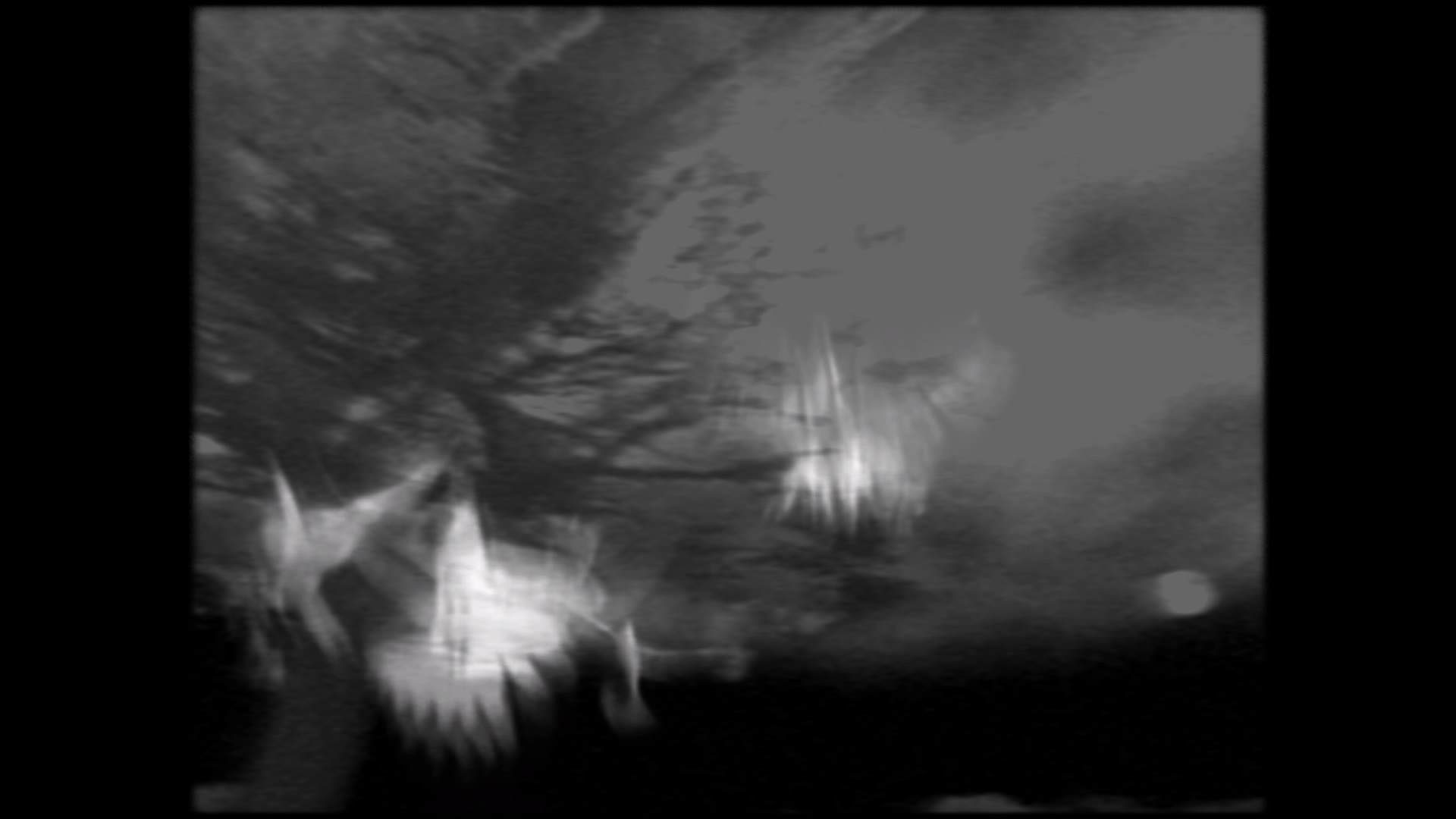One weekend when I was young, I was laying on my back in my bedroom staring upwards, considering imprisonment, I suppose. In a daze, likely a case of the mid-adolescent liminal syndrome plaguing my developing mind at the time; I decided to forge a lasting impression of the moment, to laminate my perspective within the caverns of my psyche for good. I told myself to remember the image before me: the blank white ceiling above and the mute fan idly gazing back down upon me.
I have not forgotten the instance since. It was roughly ten years ago, a seemingly meaningless memory that has stuck with me — simply because I told myself to remember it. But this scenario proves wholly significant, as it is indicative of the essence of the mind as an historic archive of events, however public or personal. It’s a test of willpower, of focus and perspective. It’s a moment entirely confined to the privacy of my bedroom, of my mind; no one else has the same memory as me. No one ever will.

Yet the world, our reality, encases us all in its constrictive space, allowing room for an innumerable bevy of memories to be forged. No two people will share the same memory, as time and mindful stimulus eventually break down these recollections into what the subconscious wishes to remember. Perspective is an individual process, woven by the mind’s partiality. The only natural substance people share is the world they inhabit.
Recalling the History of the World
And the world has its own history. Its own perspective, as well, only forged by those leaving their imprint on the Earth’s surface. America was founded on treachery, colonization, disease, murder, banishment. Perhaps most impactful, the nation was established through erosion. Like a running river rips through a pocket of mud, colonists fell forests for timber, slaughtered buffalo, an entire species, for the sake of wiping out Natives, and industrialized their society over decades of technological development.
America was founded on destruction. A history born of memories, which died alongside the hundreds of thousands who lived during that era of unrestrained growth. As the decades moved onwards, the nation built itself into an empire worthy of worldly power, with the roots of its collective experiences all but forgotten, kept alive only by hearsay and educational textbooks. Documents which themselves break down emotional experiences into what modern studies wish to remember, and wish for others to learn.

The Night Journey is, in a way, a collection of vignettes, woven together by a personal quest for spiritual enlightenment; a sort of ‘home movies’ simulation viewed through a first-person perspective, only far more feral. The game’s core set of functionality is designed around the notion of a voyeur recalling the history of the world, rather than the specific memories kindling their own sense of individualism. The lens blurs when turning one’s head; the player character creeps forward with the speed of a tortoise; the only button prompt serves to “recall,” during which a video recording is double exposed over the screen’s image, rendering recollection and current perspective as one.
The result of these meticulously designed constructs is a unified deliberate study of the correlation between personal experience and communal consequences. The past and present literally collide together on screen at the press of a button. And through this universal insight into the surrounding world, this collaborative artistic effort, from acclaimed designers, Bill Viola and the Game Innovation Lab, ponders the significance of the individual within the contexts of a nation’s history, their own imprint on the natural landscapes which they inevitably carve through.
Past and Present Collide On Screen
The goal of the game is a simple design construct: locate the various monuments and observe their decay through recollection. But this process is made subversive by ambiguously documenting the player’s mode of progression. There is no ascribed sense of direction, only a limited world strictly confined yet intended for players to lose themselves within. Traversing the landscape is made a trivial pursuit by the almost hostile mode of movement, decidedly demanding the player to journey forward slowly and ruminate on the moment at hand.
Time is fleeting in The Night Journey, as the surrounding darkness determinedly collapses inwards on itself ceaselessly, until finally swallowing the player character whole. Then the next night begins. The game is a portrait of decay, in which the black and white vistas are populated only by the rotting corpses of abandoned households and burned videography, as they overwhelm the screen to transpose a state of degradation.

Viola and his colleagues understand that memory, when viewed through the lens of historical impact, can be reshaped into a personal examination. The pursuit for an enlightened mind is funded by a meditative abstraction from common reality, a newfound perspective as dictated by an intimate effort towards realisation. Meaning is revealed through private conditioning, and the truths of the world may only be unravelled within the contexts of a pure, dissocialised mindset.
The Night Journey, an art installation piece that has finally released on home consoles in 2018, after eleven years of exhibition, is a timeless artifact redeemed by its refusal to capitulate to familiarization. It has the urgency of a videotape, stuttering and gradually disintegrating whenever processed as intended, which deems it more human than most games designed around narrative and gamified structures. A modern plea for the appreciation of patient procedural adventuring; one which asks its players, rather its performers to drop all pretenses and live within its world. An unforgettable rumination on memory itself, and its effects on future generations’ perception of historical context.



